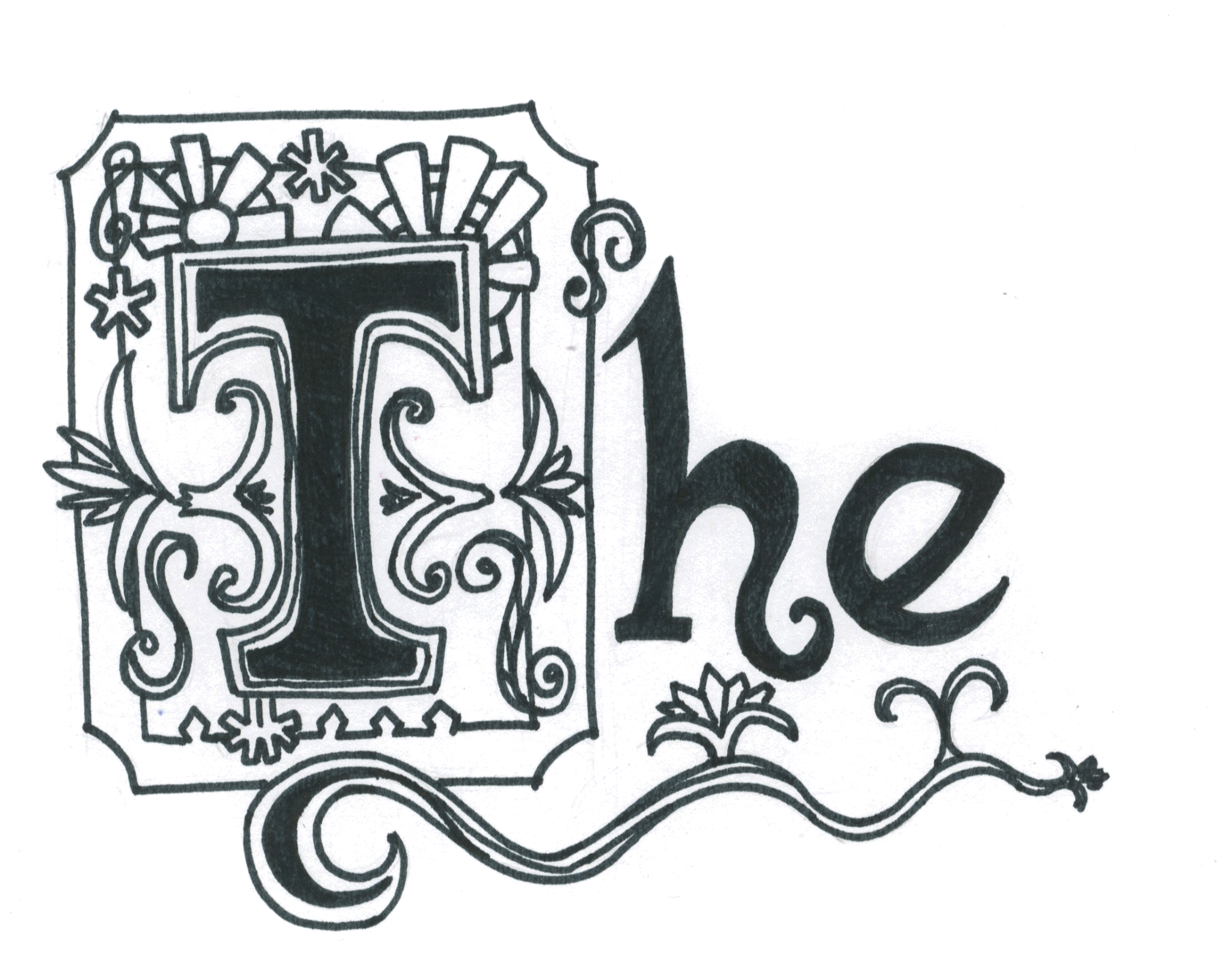
In my absolute favorite episode of Spongebob, he is faced with the task of writing an essay. Following an exaggerated, drawn-out montage of his pencil moving on paper, it turns out that after all the dramatics, he has only written one word: “The,” but in a really ornate font.
It’s a funny poke at procrastination, but it’s also painfully real. I was watching YouTube clips of Spongebob instead of writing this article. There is something meta, something ironic about procrastinating while writing about procrastination, but it is a necessary process in order to first understand, then kick, this bad habit.
Unfortunately, the root of chronic procrastination is something quite familiar to Yale students already — imposter syndrome. Yes, imposter syndrome not only makes you doubt your place at Yale, it also hinders your academic success. Worse still, writers are especially susceptible to this type of procrastination.
Megan McArdle, in her book “The Up Side of Down: Why Failing Well Is the Key to Success,” developed a theory that may explain why writers are particularly bad procrastinators — it’s because we were too good in English class. If you are at Yale, it’s probable that throughout your primary and secondary education, you were a “gifted” student who had coasted through school solely based on natural talent. In English class, words just came to you naturally and teachers lathered you with praise, but as the saying goes: the bigger they are, the harder they fall. Once at Yale, these students may suddenly find it hard to accept that there are actually challenges for which they are unprepared. Being smart is no longer about finding work easy. It is now about the ability to overcome new challenges.
This deceptive perfection can then foster an irrational fear in writers of simply producing something bad. Every new writing project yet to be completed has the potential of confirming your excellence as a writer — or, of crashing and burning and destroying your reputation. Imposter syndrome threatens to expose the “real” you, which may not be as competent and experienced as expectations hold. The longer the piece is put off, it can still be perfect, and you are safe for just a little while longer. Sooner or later, however, the tipping point from inaction to action is when the fear of turning in nothing trumps the fear of turning in something bad. That’s when you are left scrambling to meet the deadline.
Additionally, when people meet a challenge outside of their comfort zone, it may be tempting to engage in “self-handicapping,” a psychological term for deliberately inhibiting performance to create an excuse for not doing well. This commonly manifests as, “I didn’t study for this test at all, so I’m going to fail!” Similarly, writers who procrastinate will have an excuse if they happen to produce a bad draft.
If you are feeling very attacked by this point, don’t! If anything, I am guilty of every single thing in this article, and that is why I felt compelled to write it. If writers can recognize these destructive patterns, awareness can be the first step to improvement in an “awareness/action” approach. Procrastination is only a coping strategy, not a moral failure.
In fact, oftentimes procrastination and chronic lateness can be signs of optimism and hopefulness. We are masters of multitasking, believing that we can fit more tasks into a limited amount of time. We tend to see the big picture, instead of micromanaging. That should be the focus, rather than self-doubt or criticism.
For me, the hardest part of writing is always getting started, crossing the threshold from the perfect form in my mind into the glaringly blank Google Doc. But once the ideas begin to take form and the words start to flow, the simple pleasure of writing overwhelms imposter syndrome for the moment. The key to defeating procrastination is to find a balance between confidence in your abilities as a writer, but not confidence to the point where failure is not an option. Because failing well is the key to success.
Ashley Fan | ashley.fan@yale.edu .







